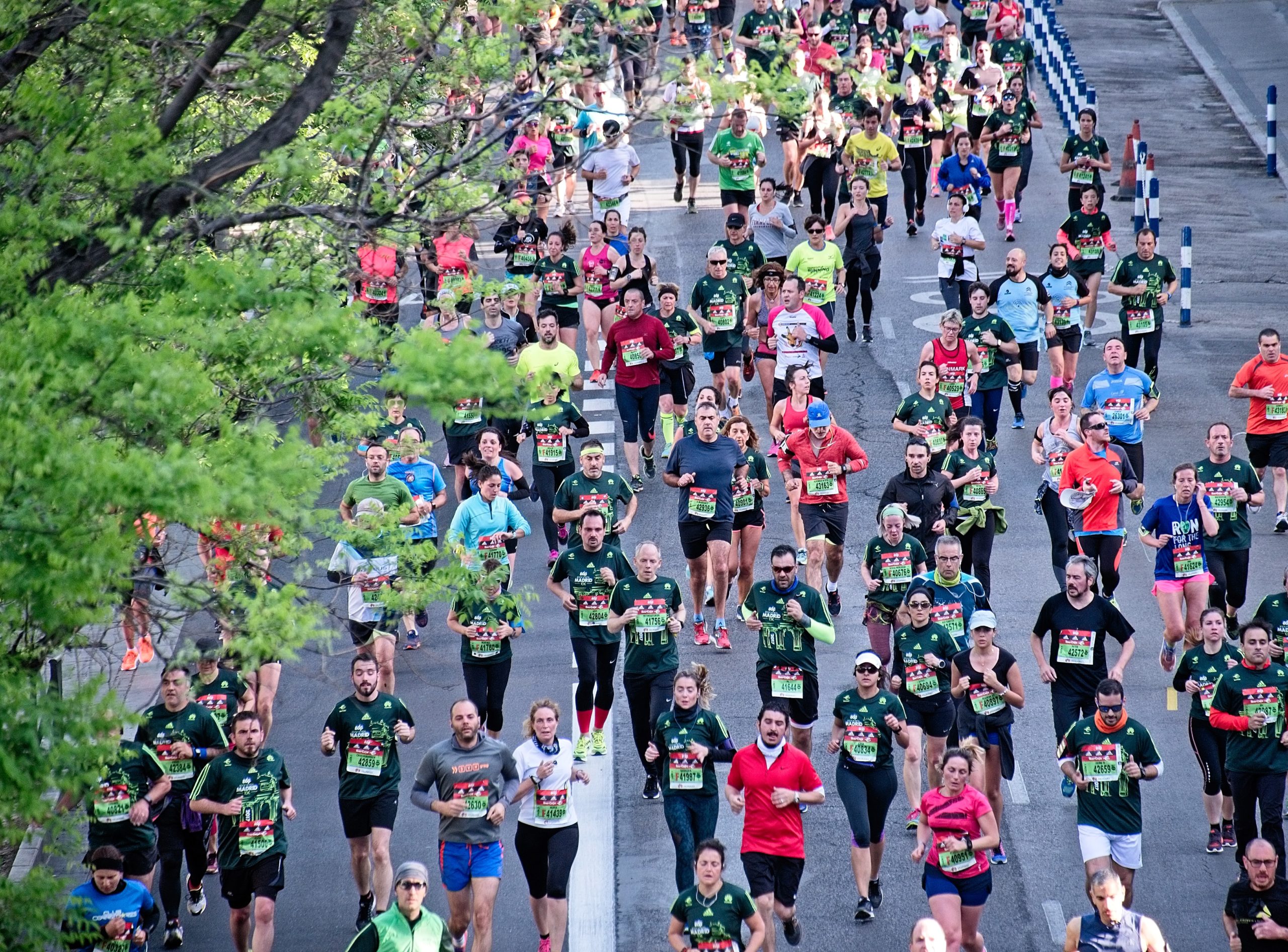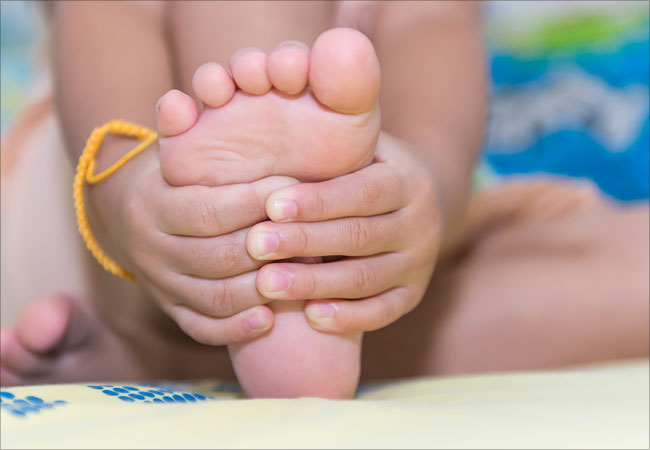Advice for Melbourne Marathon Recovery
Melbourne, in October 2022, put on a fantastic day for the Nike Marathon Festival, as the sun shone with little breeze, and conditions were perfect.
Over 34,000 people participated in this year’s event, and endorphin levels peaked as runners finished their races. Here we discuss the best advice for Melbourne Marathon Recovery.
Some post-run soreness and fatigue often mar your feeling of relief or pride. It is essential to try and stay proactive about any niggles that might still be lingering to prevent any pain, dysfunction or restriction on future training.
Outside of movement or manual therapy, there are a couple of critical factors to help facilitate essential tissue recovery and repair:
SLEEP RECOVERY:
- You may neglect sleep as life gets in the way, but it is vital to allow the body time to rebuild the body and reduce intrinsic stressors.
- Human growth hormone (HGH) is one of the main factors generating normal body development and tissue repair during injury. This is produced in the body in the first third of our sleep cycle. Approximately between 10 pm and 2 am, based on our body’s assumed circadian rhythm.
- Therefore, if you sleep at midnight, you are potentially missing out on 50% of the production of these hormones.
NUTRITION:
- Supplementing energy stores is essential to help re-nourish the damaged body for recovery. Even if you are not feeling significant fatigue or pain, as a runner, you will still have many micro-tears in connective tissue that need repair.
- Protein is the essential nutrient here, and endurance runners generally need more protein than sedentary individuals. We recommend you consume 1.2-1.4g per Kg of body weight per day through foods that are ideally low in fat and cholesterol. Good ideas are fish, eggs or green leafy vegetables. These might be a bit heavy immediately post-race, so something with light carbohydrates and protein is best to consider, i.e. protein shake or bagel with a nut spread.
HYDRATION:
- The body needs appropriate circulation to help facilitate the above processes, so adequate fluid intake is necessary. A rule of thumb is to replace every 1kg lost in a race with 1-1.5L of fluid.
- This is especially true if you have run longer than 90 minutes, as you will also need to replace your electrolytes lost through sweat by increasing your sodium intake. Exercise may also produce free radicals that can damage cells. Vitamins C and E can help re-stabilise these substances. Any variety of sports drinks will be sufficient to replenish you.
These foundations of marathon recovery will also help you absorb the most benefit from any manual therapy you receive post-race. Keep a lookout for a follow-up video with some more recommendations about post-run recovery and the meantime, if you feel you could do it with a massage or some manual therapy, please call (03) 9397 8877 or book online here.

Tom Johnstone
Osteopath




